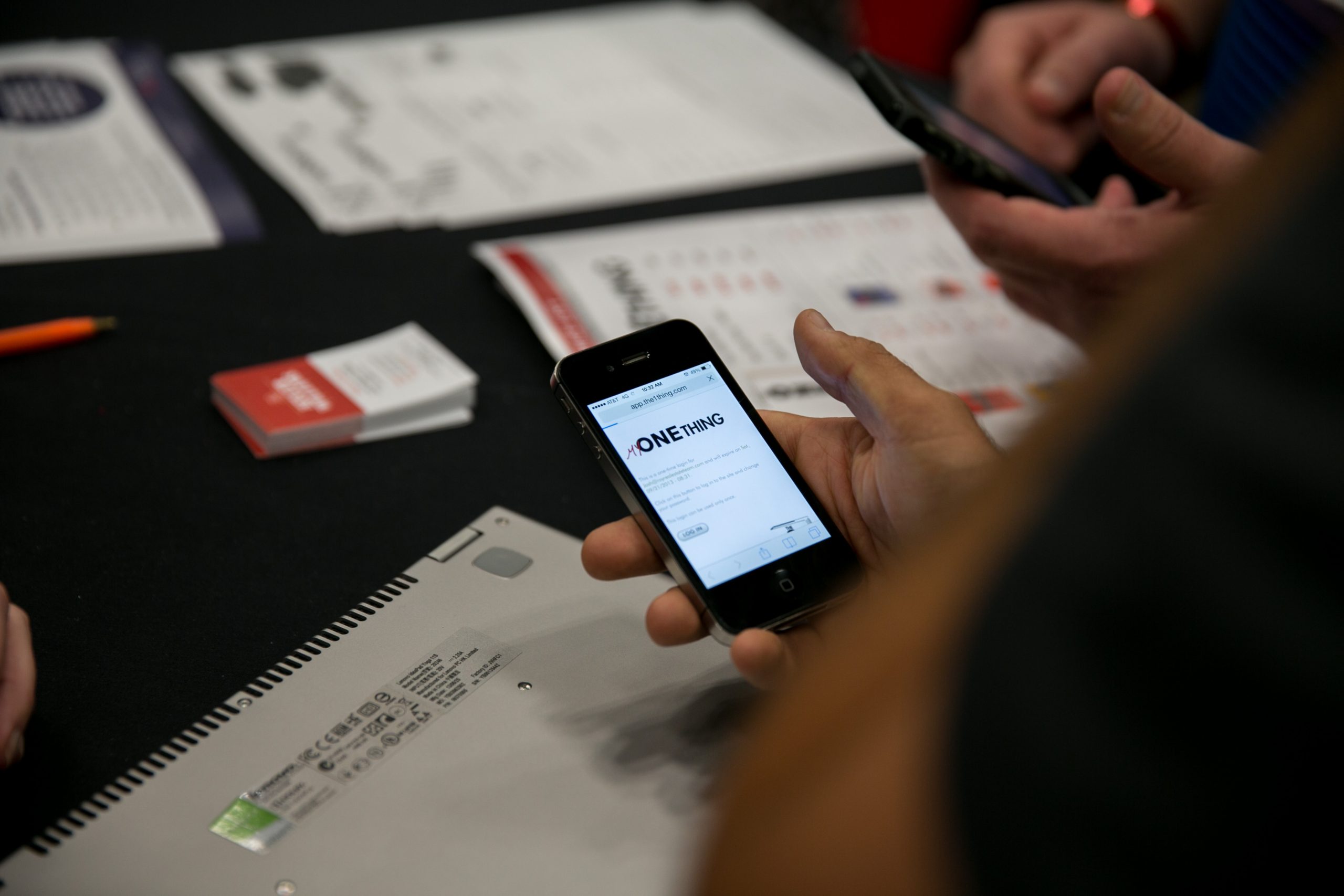Habit formation relies on context-dependent repetition. What does that mean? Both a behavior and the situation in which the behavior happens play a part in creating a habit. By repeating something enough in the same scenario, whether it is chewing your nails while reading or going for a run each morning, a behavior will begin to feel instinctual.
The problem is that the brain isn’t that easy to manipulate, and it is not the only player in the habit formation game. Time is also a huge factor. So, how does the brain support habitual behavior, and how long does it take to literally change your mind?
Your Brain on Habits
Synapses are the spaces between cells that relay impulses in the brain. Synapses are hard at work helping to facilitate everything a person does or thinks. If something is done over and over again, that pathway along the synapses becomes more accessible, and is actually easier for those impulses to travel. Basically, your brain puts an action on auto-pilot – aka forms a habit. But how long does this take?
The number 21 became a popular benchmark amid the debate, but in researching The ONE Thing, we found that stat to be a bit mythical. According to the University College of London (UCL) three weeks is on the lowest end of a habit-forming timeline. What’s more, there is no magic length of time for creating a new habit. In fact, the study conducted by UCL found that new habits can take as few as 18 days or as many as 245 to form.
Let’s look at the variables that change the time play.
Habits Depend on the Person
Experience, personality, physicality and psychological factors all come into play in habit formation. This, of course, varies from one person to the next. Consider people with OCD, a psychological condition that affects the brain and behavior. Their disorder will make breaking and creating a habit that much more difficult.
Some people are also naturally more disciplined than others. That discipline push a person stick to a new routine and perform the new behavior more consistently, which can help a habit form faster.
Habits Depend on the Habit
It should come as no surprise that the behavior behind the habit has a huge bearing in how long it takes to become instinctual as well. Factors that affect habit formation include: the complexity of the act of the habit, the time the habit takes and the level of exertion required.
Despite the factors that fight against habit formation, it is completely possible to create a good habit. Here are eight tips to help you through the journey.
Eight Tips to Creating a Good Habit
- Do it ONE Thing at a time. When we focus on forming just one habit, the likelihood of sticking to it and turning a behavior into a synaptic habit pathway is greatly improved.
- Track your progress. Habit-forming tools such as the My ONE Thing Tracker allow you to track your progress and stay on task.
- Be extremely consistent in the beginning. Studies show that consistency pays off, particularly in the beginning of creating a habit when automaticity increases are at their highest.
- Don’t stop if it seems to be taking too long. Many people fail because they give up too early. Remember, there is no set time limit on forming a habit.
- Keep motivational reminders on hand. At the beginning when whatever inspired the new habit is fresh on the mind it’s easy to put in the work. But as time passes the inspiration starts to fade. Motivational reminders will help to drive you through the uphill climb to habit formation.
- Visualize the rewards of establishing the new habit. Whenever you feel yourself waning or falling back into a bad habit, imagine how much better things will be now and in the future because of the new habit.
- Create a positive parallel pattern. The synaptic habit pathway never fully goes away, which means it can easily be triggered. Instead of just quitting a bad habit, replace it with a new parallel pattern for the habit-related situation.
- Minimize disruptions when starting a new habit. If you have a vacation right around the corner, are in the middle of a move or are experiencing any other hurdles in your regular routine, now is not the time to start trying to form a new habit.


